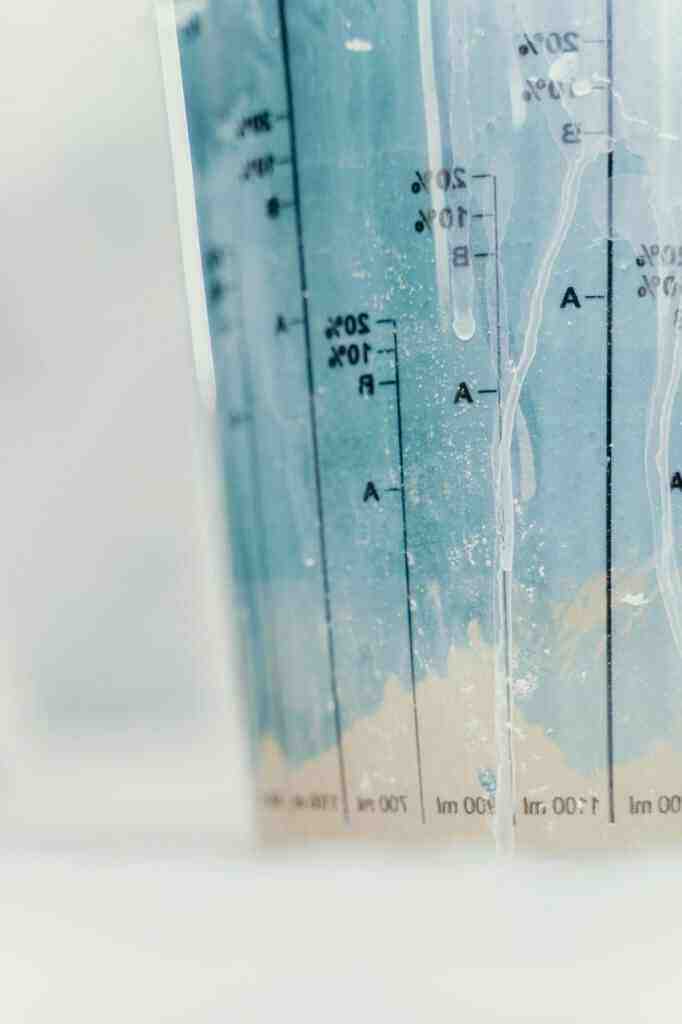International Court of Justice Orders Provisional Measures to Address Genocide Concerns in Gaza
A Landmark Decision for Palestinian Protection
In a pivotal move to safeguard Palestinian lives and address mounting concerns of genocide, the International Court of Justice (ICJ) has issued provisional measures in response to South Africa’s genocide case against Israel. These measures aim to shield the Palestinian population in the occupied Gaza Strip from further suffering and irreparable harm, underscoring the urgency of international action to prevent atrocities.
Provisional Measures: A Legal Imperative
The ICJ’s provisional measures, legally binding on Israel, demand immediate action to protect Palestinian civilians and uphold international law:
- Refraining from Acts under the Genocide Convention: Israel must cease any actions that constitute genocide under the Genocide Convention, including causing severe bodily or mental harm, forcibly transferring children, and imposing measures to prevent births within the Palestinian group.
- Preventing Incitement to Genocide: Israel is obligated to prevent and punish any direct and public incitement to genocide against the Palestinian people, ensuring such acts are not tolerated or encouraged.
- Immediate Humanitarian Assistance: Israel must provide humanitarian aid to civilians in Gaza, addressing their urgent needs for food, water, shelter, sanitation, and medical care.
- Preservation of Genocide Evidence: Israel is required to preserve all evidence related to potential genocide acts, including data, documents, and forensic evidence, for future investigations and legal proceedings.
- Report on Implemented Measures: Within one month, Israel must submit a report detailing its compliance with the provisional measures, demonstrating its commitment to addressing the genocide concerns.
Significance: Upholding International Law and Human Rights
The ICJ’s ruling carries profound significance, reinforcing international law and upholding human rights:
- Reinforcing International Law: The decision emphasizes the crucial role of international law in preventing genocide and protecting victims of atrocity crimes, sending a clear message that the international community will not tolerate grave human rights violations.
- Accountability and Compliance: The ruling places a legal obligation on Israel to comply with the provisional measures, underscoring state accountability and the importance of upholding international legal norms.
- Protection for Palestinian Civilians: The measures aim to safeguard the Palestinian population in Gaza from further harm, emphasizing the need for urgent action to alleviate the humanitarian crisis and prevent further loss of life.
- International Responsibility: The ruling highlights the collective responsibility of states to prevent genocide and uphold the Genocide Convention, calling for international cooperation to ensure compliance and protect the Palestinian people.
Urgent Calls for Action: A Collective Responsibility
Beyond the ICJ’s provisional measures, urgent action is needed from all parties to address the crisis:
- Immediate Ceasefire: While not explicitly ordered by the Court, an immediate ceasefire by all parties is crucial for implementing the provisional measures and ending civilian suffering. All parties must prioritize civilian protection and work towards a peaceful resolution.
- Comprehensive Arms Embargo: To prevent further violence and human rights violations, states must impose a comprehensive arms embargo against Israel and Palestinian armed groups, restricting the flow of weapons and ammunition that fuel the conflict.
- Humanitarian Assistance and Siege Lifting: Israel must lift its illegal siege on Gaza, allowing unrestricted access to humanitarian aid and essential supplies. The denial of aid exacerbates suffering and violates international law.
- Release of Civilian Hostages: Hamas and other Palestinian armed groups must release all remaining civilian hostages, respecting the fundamental rights and dignity of individuals caught in the conflict.
Background: South Africa’s Case and ICJ’s Role
The ICJ’s provisional measures stem from South Africa’s genocide case against Israel, initiated in December 2023:
- South Africa’s Genocide Case: South Africa alleged that Israel committed acts of genocide against the Palestinian people following attacks by Hamas and other armed groups in October 2023.
- Hearings and Allegations: During hearings in January 2024, South Africa presented evidence supporting its allegations, including a shockingly high death toll, widespread destruction, and the denial of humanitarian aid.
- ICJ’s Role and Jurisdiction: The ICJ, the principal judicial organ of the United Nations, settles legal disputes between states, including those relating to the Genocide Convention. While it does not pursue individual criminal responsibility, it addresses state responsibility for genocide.
International Obligations and Consequences: A Call for Compliance
The ICJ’s ruling carries legal and moral obligations for all parties:
- Binding Nature of the Ruling: Judgments of the ICJ are legally binding on the parties to the dispute. Failure to comply may result in referral to the United Nations Security Council, which can make recommendations or decide upon measures to enforce the judgment.
- Responsibility to Prevent Genocide: Under international law, all states have an obligation to prevent genocide and take appropriate action to halt and punish acts of genocide. Failure to do so may result in international legal consequences and accountability.
- Respect for International Law: The ICJ’s ruling emphasizes the importance of respecting international law and upholding the principles enshrined in the Genocide Convention. It calls on states to cooperate in preventing genocide and ensuring justice for victims.
Conclusion: A Call to Action for Global Solidarity
The International Court of Justice’s provisional measures in response to South Africa’s genocide case represent a significant step towards protecting the Palestinian population in Gaza and addressing the alarming signs of genocide. This ruling underscores the urgency of international action to end the suffering, uphold international law, and promote a just and lasting resolution to the conflict. All parties must comply with the measures, prioritize civilian protection, and work collectively to prevent further atrocities and safeguard the lives and well-being of Palestinian civilians.
